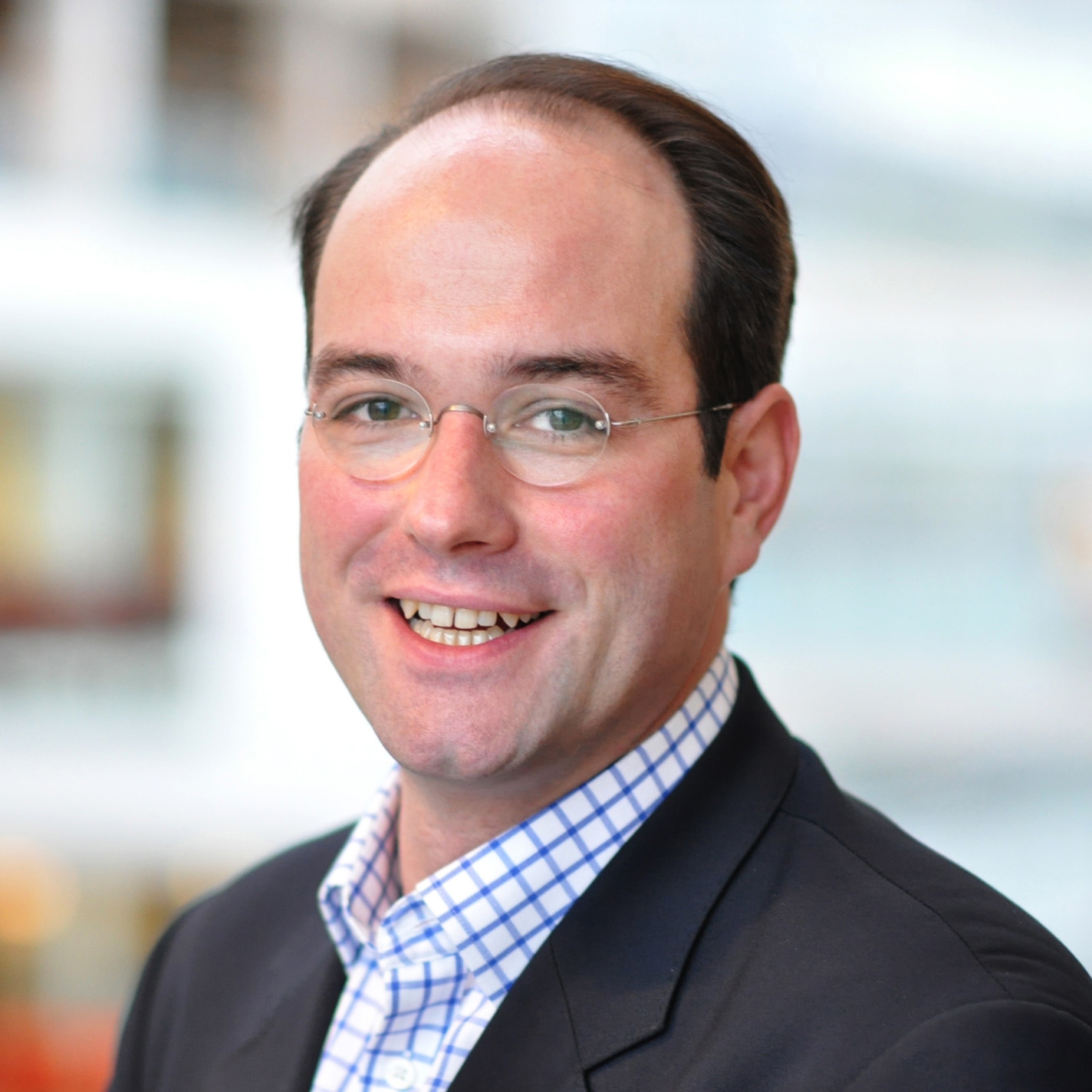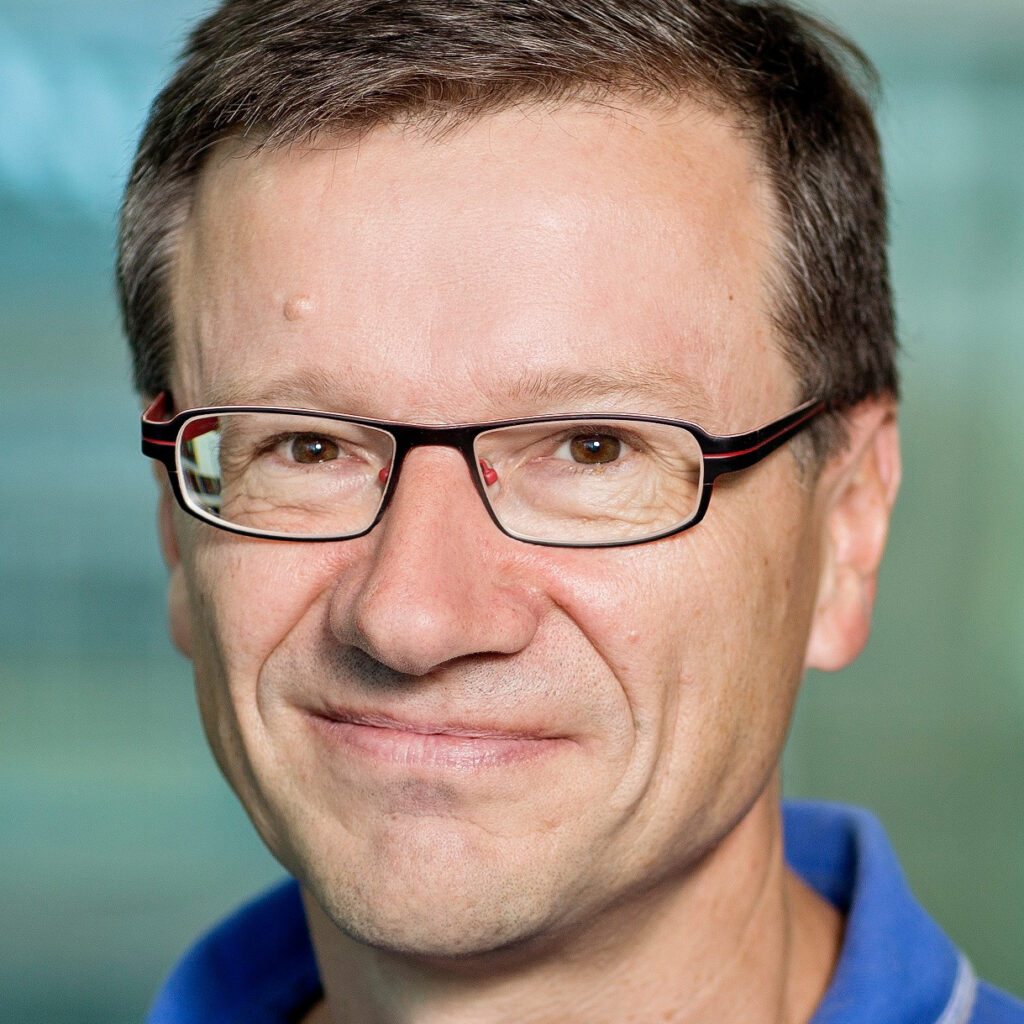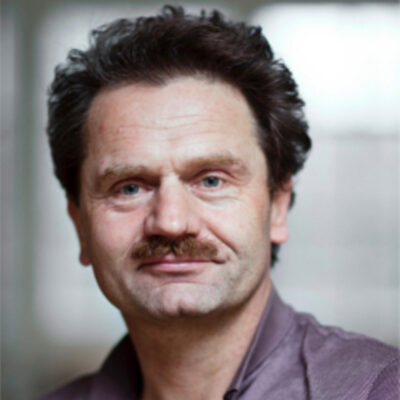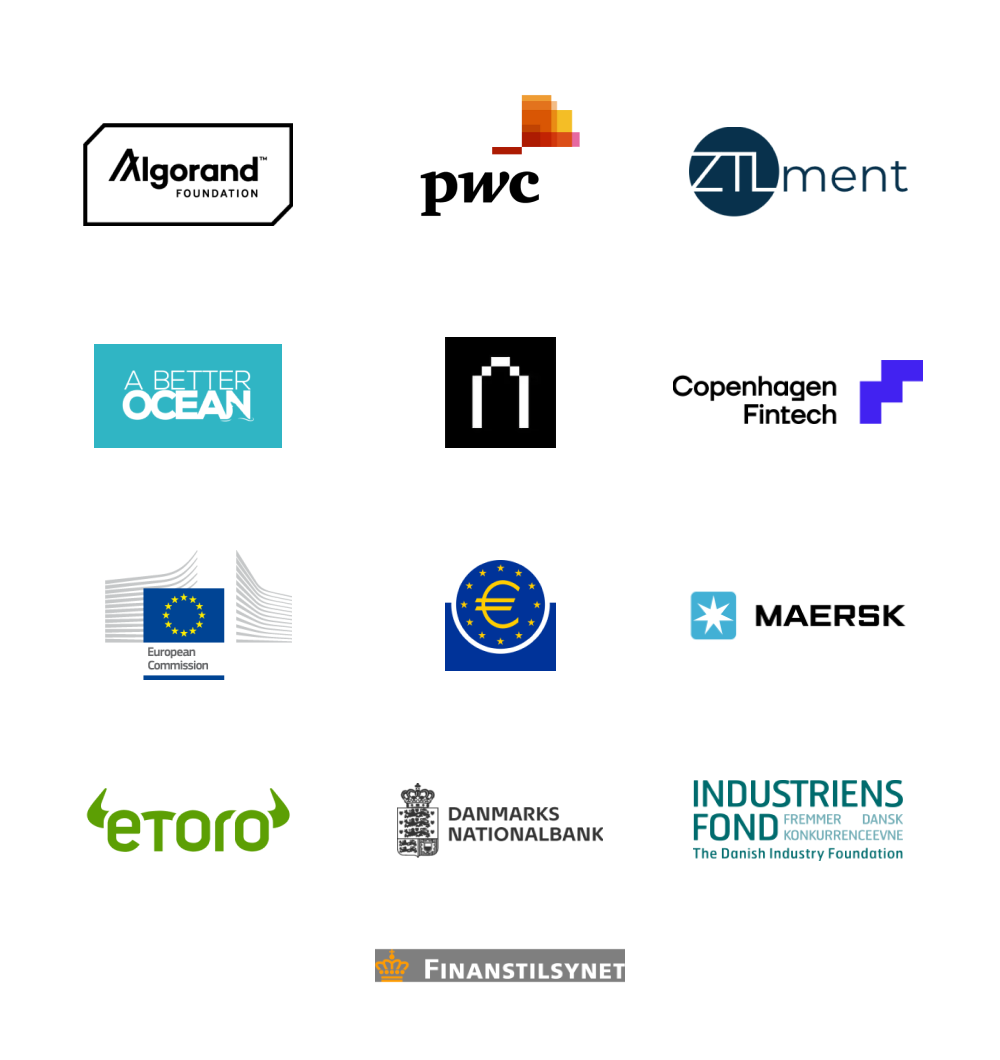International Blockchain School 2022
24th-28th of January 2022
Description
The International Blockchain School (Winter Edition) will be held at IT University of Copenhagen on the 24th-28th of January 2022. The International Blockchain School is an initiative of the European Blockchain Center and run jointly for the fifth year by faculty members from IT University of Copenhagen, Copenhagen Business School, Copenhagen University, and University of the Faroe Islands. The International Blockchain School would not be possible without the generous support of our partners.
Aims and Objectives
Blockchain and Distributed Ledger Technology (DLT) in general form the foundation of new decentralized business models. Start-ups, large organizations, and governments alike work intensely on blockchain-based innovation, making the technology one of the most promising drivers of innovation since the emergence of the Internet. However, the design and implementation of blockchain-based systems requires know-how in several areas, as well as mindful consideration of larger economic and societal issues. These objectives provide the starting point for this Blockchain School.
In this Fifth International Blockchain School organized by the European Blockchain Center, we will focus on educating PhD and master students in blockchain technology to develop solutions within different industries. The participants will learn how blockchain technology is disrupting existing business models and will gain insights into paradigmatic changes from economic, organizational, and computer science viewpoints. They will learn to analyze existing business processes and how blockchain-based solutions have the potential to disrupt them. In so doing, they will be enabled to co-create new blockchain-based systems, taking into consideration both cryptographic and economic aspects.
Within the International Blockchain School, participants will learn how to set up a development environment and how to work with proven platforms such as Ethereum, Algorand, NEO and others. They will be able to design and implement their own smart contracts and will code their own decentralized applications.
Once basic blockchain elements have been introduced, participants will work on their own blockchain development projects, supported by the participating industry partners. The outcomes will be functioning demonstrators, as well as a written documentation and reports that illustrate the business process or mechanism realized in a blockchain implementation and how, in so doing, a real-world challenge is addressed.
The theme of the Fifth International Blockchain School is Sustainable Decentralized Finance and the course will be held over five days. There will be three parallel tracks in which the students will work:
- In track one (explorer track), students with basic prior blockchain experience will work together with case organisations from industry and public sector on developing blockchain prototypes in a hackathon.
- Track two (exploiter track) is geared towards students with advanced knowledge around blockchain prototyping to work with organisations which already have prototypes developed. In this hackathon, demonstrators are further improved or designed anew.
- In track three technical issues in existing Blockchain / DLT systems are discussed and potential solutions are developed. This is a makerthon, where not necessarily code is written, but where potential solutions are developed conceptually.
Project Description
In 2017, the Peoples Bank of China stated that “the future of money is crypto” and we aim to shed light on that future in our cross-disciplinary International Blockchain School together. Increasingly, start-ups in the Fintech, TechFin and DeFi sector focus on DLT-based innovations to provide new financial services to private or corporate clients. Those innovations primarily promise better and more affordable solutions while guaranteeing transparency, high execution quality, and auditability. New payment services for international money transfer, better access to capital markets for SMEs, programmable solutions to settle transactions autonomously, intelligent wallets that act on behave of their owners, decentralized exchanges that allow nearly instant trading, new types of on-ledger data analytics, smarter integration of seamless taxation, new shared ownership models of digital or digitized assets, and quantum computing secure DeFi solutions are just some examples where DLT systems in combination with a tokenization of the economy are not just changing existing financial business models, but the financial market itself. The aim of this Blockchain School is to develop innovative ideas on sustainable decentralized finance. Sustainable DeFi does not only generate better and more sophisticated financial services in networked business models, but is doing so in an eco-friendly, and durable way. The longevity of distributed business models is dependent on ecologic and ecology sustainability. Together with our partnering organizations, we will develop use cases and challenges that will be the base for the hackathon and makathon, where students in close cooperation with the case-giving organizations will create suggestions for sustainable decentralized finance solutions.
Academic Credits
An amount of 6 ECTS will be provided to PhD students who successfully pass the exam.
Exam
Participants will present their blockchain solutions at the end of the International Blockchain School and defend these. In addition, they will produce 15 pages of report after the course and/or write a paper that is to be submitted to an academic outlet, such as conference or journal, coached by the International Blockchain School organizers. The presentation, report as well as the working paper are mandatory deliverables and after they have been assessed at a satisfactory level, the ECTS points will be granted and a certificate issued. Independently, all participants will receive a certificate that they have participated in the International Blockchain School.
Admission
The number of participants in the International Blockchain School is limited and we accept applications on an ongoing basis. Interested students are encouraged to apply early.
Program
In contrast to the four successful International Blockchain Schools in 2016 to 2019, this year we will lift it to the next level by establishing three parallel tracks on Wednesday and Thursday:
- Explorer: this track will be the continuation the successful format from previous years. In addition to this, students will work together with case organisations from industry and public sector on developing blockchain prototypes in a hackathon.
- Exploiter: this track will offer the opportunity for students with prior experience around blockchain prototyping to work with organisations which have already prototypes developed. The intention in the included hackathon is to further improve demonstrators, or design them anew, to meet the more advanced requirements and level of know-how among participating students as well as organisations.
- Next Tech: this track is the protocol track where technical issues in existing blockchain / DLT systems are discussed and potential solutions are developed. This track will include a makerthon, where not necessarily code is written, but where potential solutions are developed conceptually.
All students will be encouraged to further improve their work in form of academic papers coached by the blockchain school organisers.
| Day 1 | Monday, Jan. 24th – Opening Intro Lectures |
|---|---|
| 08:00-09:00 | Registration and light breakfast |
| 09:00-09:15 | Introduction to the International Blockchain School |
| 09:15-10:15 | Presentation by Michel Avital – The Sweet Spots of Blockchain |
| 10:15-10:30 | Coffee break |
| 10:30-11:30 | Presentation by Peter Sestoft – Introduction to Blockchain Technology |
| 11:30-12:30 | Presentation by Stefan Voigt – Blockchain-Based Asset Trading and Settlement |
| 12:30-13:30 | Lunch break |
| 13:30-14:30 | Presentation by Qin Xin (virtual) – Security Issues and Cryptography Foundations for Blockchain |
| 14:30-15:30 | Presentation (virtual) by Jonas Valbjørn Andersen – Understanding Decentralization in Proof-of-Stake Blockchains: An Agent-Based Simulation Approach |
| 15:30-16:00 | Coffee break |
| 16:00-17:00 | Presentation by Boris Düdder – Blockchain Key Technical Development Tools |
| 17:00-18:00 | Presentation by Fritz Henglein – Introduction to Smart Digital Contracts and Distributed Ledger Technology |
| 18:00-19:00 | Maersk reception |
| 19:00 | End of Day 1 |
| Day 2 | Tuesday, Jan. 25th – Lectures, Case Presentations, and Group Formation |
|---|---|
| 08:00-09:00 | Light breakfast |
| 09:00-10:15 | Presentation by Roman Beck – Blockchain Economics and Market Engineering |
| 10:15-10:30 | Coffee break |
| 10:30-12:30 | Track 1 use cases presentation and discussion |
| 12:30-13:30 | Lunch break |
| 13:30-14:30 | Presentation by Alexandra Andhov (virtual) – Regulating Blockchain: Recent Regulatory Developments and Principles |
| 14:30-16:30 | Track 2 intro |
| 16:30-17:00 | Coffee break |
| 17:00-17:30 | Track 3 use cases presentation and discussion |
| 17:30-18:00 | Group splits up into the three tracks |
| 18:00-19:00 | Tryg reception |
| 19:00 | End of Day 2 |
| Day 3 | Wednesday, Jan. 26th – Hackathons and Makathons |
|---|---|
| 08:00-09:00 | Light breakfast |
| 09:00-10:15 | Tracks 1 to 3 in parallel sessions |
| 10:15-10:30 | Coffee break |
| 10:30-12:30 | Tracks 1 to 3 in parallel sessions |
| 12:30-13:30 | Lunch break |
| 13:30-20:45 | Tracks 1 to 3 in parallel sessions |
| 20:45 | End of Day 3 |
| Day 4 | Thursday, Jan. 27th – Hackathons and Makathons |
|---|---|
| 08:00-09:00 | Light breakfast |
| 09:00-10:15 | Tracks 1 to 3 in parallel sessions |
| 10:15-10:30 | Coffee break |
| 10:30-12:30 | Tracks 1 to 3 in parallel sessions |
| 12:30-13:30 | Lunch break |
| 13:30-20:45 | Tracks 1 to 3 in parallel sessions |
| 20:45 | End of Day 4 |
| Day 5 | Friday, Jan. 28th – Student Presentations, Awards, and Nordic Blockchain Summit |
|---|---|
| 08:00-09:00 | Light breakfast |
| 09:00-09:30 | The teams complete their development and work on the demonstrator / presentation |
| 09:30-11:30 | Presentation of the results to the industrial and academic coaches |
| 11:30-12:30 | Lunch break and end of the International Blockchain School 2022 |
| 13:00 -13:10 | 5th Nordic Blockchain Summit – Welcome and opening remarks |
| 13:10-13:40 | Keynote 1: Addie Wagenknecht (Algorand) |
| 13:40-14:10 | Keynote 2: Caroline Kaeb (European Commission) |
| 14:10-14:40 | Keynote 3: Francis Gross (European Central Bank) |
| 14:40-15:00 | Presentation |
| 15:00-15:30 | Coffee break |
| 15:30-16:00 | Panel debate: Mette Kanstrup Petry (Nationalbanken), Jon Hasling Kyed (Finanstilsynet), Mads Stolberg-Larsen (ZTLment) |
| 16:00-16:50 | Presentation of best group results from the 5th Blockchain School and audience voting |
| 16:50-17:00 | Award ceremony for the best Blockchain Winter School ideas and winners and closing remarks by Roman Beck |
| 17:00 | End of Nordic Blockchain Summit |
| 17:00-19:00 | Reception and Social Gathering |
| 19:00 | End of Day 5 |
How to Apply
Who is this course for?
The International Blockchain School (Winter Edition) 2022 will only be accepting PhD- and master students. Non-PhD or -master students cannot take part.
Prerequisites
Students interested in participating in the International Blockchain School must be enrolled as PhD or master students in a computer science, information systems, engineering or other cognate programs at a university. At least introductory programming experience is a requirement for track 1 (explorer track). Advanced experience is needed for track 2 (exploiter track), while for track 3 (tech track) a degree and research in computer science and blockchain is required.
Application Package and Procedure
It is mandatory to sign up for the course with an email that belongs to a university, as Gmail, Hotmail, or other similar private email accounts will not be accepted. Students must provide an application containing information about their field of study, a one-page CV and a brief motivation for what their blockchain interest is. All of the above documents must be combinded into a single PDF file and uploaded using the sign up form below.
The deadline for signing up and sending the application in is the 19th of December 2021 (midnight CET). The admission notification will be communicated no later than the 23rd of December 2021 (midnight CET) from an @itu.dk mail account. The admitted students will then receive the material for the course, team information for the makathon/hackathon and are signed up for the Nordic Blockchain Summit 2022.
Participation Fees
Admitted students enrolled at a Danish university are free of charge. The course fee for international PhD students is €340.– / DKK 2,500.–, which will be invoiced after the admission and need to be paid until the 14th of January 2022.
Food Preferences
As there will be offered food, the applicants are asked to inform us in their application form whether they have any food allergies, intolerances, or restrictions.
Terms of Participation
Please note that all work produced in the International Blockchain School is licensed under a Creative Commons Attribution 4.0 International License. ![]()
Participants in the International Blockchain School grant to winter school organizers and IT University of Copenhagen full rights to use their images resulting from the photography/video filming, and any reproductions or adaptations of the images for fundraising, publicity or other purposes to help achieve the group’s aims. This might include (but is not limited to), the right to use them in their printed and online publicity, social media, press releases and funding applications.
Lecturers

Roman Beck (IT University of Copenhagen)
Roman Beck is Full Professor at IT University of Copenhagen and Head of the European Blockchain Center. Based on his research output, Roman is ranked among the top 3% of all German professors in business administration. As Blockchain economist, his research focuses on the role of changing nature of work due to Blockchain with focus on governance and value creation in decentralized systems. Roman is Head of the Danish ISO TC 307 Blockchain & Distributed Ledger Technology standardization group and as convenor and editor in charge of ISO TS 23635 “Guidelines for Blockchain Governance”. He is the representative of Denmark at the European Blockchain Partnership Technical Working Group at the EU Commission in Brussels for developing the European Blockchain Services Infrastructure. He is appointed expert at the OECD Blockchain Policy advisory board and convenor of the Blockchain Interoperability Governance group at UNECE. Roman leads the Working Group on Blockchain Ethics for the EU Commission.
Further information: www.romanbeck.com

Peter Sestoft (IT University of Copenhagen)
Peter Sestoft is a professor and the head of the Computer Science Department at the IT University of Copenhagen. His interests include functional and managed object-oriented programming languages and their implementation, program transformation, program specification, software development, parallel programming and blockchain technologies.
Further information: http://www.itu.dk/people/sestoft/

Michel Avital (Copenhagen Business School)
Michel Avital is Professor of Digitalization at Copenhagen Business School. Digital innovation and entrepreneurship are the leitmotifs of Michel’s work that focuses on technology and organization with an emphasis on its social and organizational aspects. He has published over 100 articles on topics such as blockchain technology, sharing economy, big data, open data, open design, generative design, creativity, innovation, green IT and sustainable value. He is an editorial board member of seven leading IS journals and serves in various organizing capacities in ICIS, AOM, ECIS and other topical conferences. Michel is an advocate of openness and an avid proponent of cross-boundaries exchange and collaboration.
Further information: www.cbs.dk/en/staff/madigi

Boris Düdder (University of Copenhagen)
Boris Düdder is an Assistant Professor in Software Engineering at the University of Copenhagen. His primary research is formal methods in software engineering and with a focus on developing methods for automatic software synthesis with safety and security guarantees. He has obtained his doctoral degree from the Technical University of Dortmund and has 20 years’ experience across different technology (including Microsoft Corp.), research (Fraunhofer Institute for Software- and System Engineering, CERN), and consulting companies for banking and finance (software architect).
Further information: http://diku.dk/english/staff/?pure=en/persons/575423

Fritz Henglein (University of Copenhagen)
Fritz Henglein is professor of programming languages and systems at DIKU, the Department of Computer Science at the University of Copenhagen (UCPH), previously of Technische Universität München, Rutgers University, IBM Research, New York University, Utrecht University, Hafnium ApS (co-founder) and IT University of Copenhagen. He has held guest professorships at the University of New South Wales, Cornell University and Kellogg College, Oxford. He presently directs the UCPH-based Strategic Research Center on Functional High-performance Computing for finance (HIPERFIT) and chairs the steering committee of the Danish Innovation Network on Finance IT (CFIR). His research interests are in semantic, logical and algorithmic aspects of programming languages, specifically type inference, type-based program analysis, algorithmic functional programming and domain-specific languages, and the application of programming language technology in high-performance stream processing (www.diku.dk/kmc), data-parallel programming (hiperfit.dk), Enterprise Resource Planning (ERP) systems and e-health.
Further information: http://www.diku.dk/~henglein/index.html

Stefan Voigt (University of Copenhagen)
Stefan Voigt is an assistant professor of Finance at the Department of Economics at the University of Copenhagen as well as a research fellow at the Danish Finance Institute. His research is centered around the impact of technological innovation on financial markets. Stefan has a deep interest in the economic implications of blockchain-based settlement and research questions pertaining to market fragmentation, high-frequency trading and big data in financial applications.
Further information: https://www.voigtstefan.me/

Alexandra Andhov (University of Copenhagen)
Alexandra Andhov is an Associate Professor in Corporate Law and Law and Technology. Alexandra’s research focuses on questions of corporate law, corporate governance, capital markets, law and technology from an interdisciplinary and comparative perspective. Her main research interest lies in the integration of legal, economic, and technological analysis, with particular emphasis on more sustainable, inclusive democratic and fair markets. Alexandra is currently working on topics covering blockchain and corporate governance and preparing a manuscript on European Union retail investor protection regulation and new technological innovation through the lens of investor empowerment. Alexandra has been previously a visiting researcher at Cornell Law School, Oxford Law School, Lund University and University of Turin.
Further information: https://jura.ku.dk/english/staff/research

Jonas Valbjørn Andersen (IT University of Copenhagen)
Jonas Valbjørn Andersen is associate professor of digital methods and data in organizations with the Information Systems research group and European Blockchain Center at the IT University of Copenhagen. He has a background in strategy and IT and holds a Ph.D. in Information Systems and Management from Warwick Business School. His research focuses on coordination in distributed information systems such as blockchain and DLT systems, online communities, and data ecosystems as well as organisational processes related to algorithmic decision-making. He primarily employs digital trace data analysis in combination with system modelling and simulation based on systems thinking in general and more specifically on a complex adaptive systems approach. His work aims to contribute with insights on strategy, management, and organising related to distributed information systems such as blockchain, Internet of Things (IoT), algorithmic decision-making and digitally distributed organisations.
Further information: https://pure.itu.dk/portal/en/persons/jonas-valbjoern-andersen

Qin Xin (University of Faroe Islands)
Qin Xin is Professor of Computer Science and Faculty Research Leader in the Faculty of Science and Technology at the University of the Faroe Islands (UoFI), Faroe Islands (Denmark). He graduated with his Ph.D. (1st Oct. 2002 – 30th Sep. 2004) in Department of Computer Science at University of Liverpool, UK in December 2004. Prior to joining UoFI, he had held variant research positions in world leading universities and research laboratory including Senior Research Fellowship at Universite Catholique de Louvain, Belgium, Research Scientist/Postdoctoral Research Fellowship at Simula Research Laboratory, Norway and Postdoctoral Research Fellowship at University of Bergen, Norway. His main research focus is on design and analysis of sequential, parallel and distributed algorithms for various communication and optimization problems in wireless communication networks, as well as cryptography and digital currencies including quantum money. Prof. Xin has produced more than 111 peer reviewed scientific papers. His works have been published in leading international conferences and journals, such as ICALP, ACM PODC, SWAT, IEEE MASS, ISAAC, SIROCCO, IEEE ICC, Algorithmica, Theoretical Computer Science, Distributed Computing, IEEE Transactions on Computers, Journal of Parallel and Distributed Computing, IEEE Transactions on Dielectrics and Electrical Insulation, IEEE Transactions on Sustainable Computing, ACM Transactions on Internet Technology, IEEE Transactions on Network Science and Engineering, ACM Transactions on Asian and Low-Resource Language Information Processing, and Advances in Space Research.
Further information: https://pure.fo/en/persons/qin-xin
Industry Partners and Sponsors


